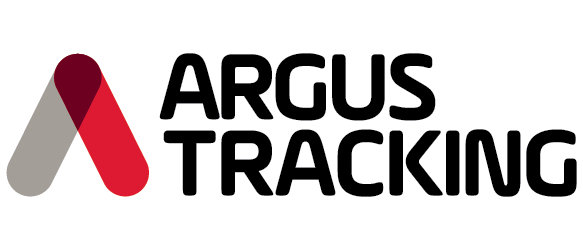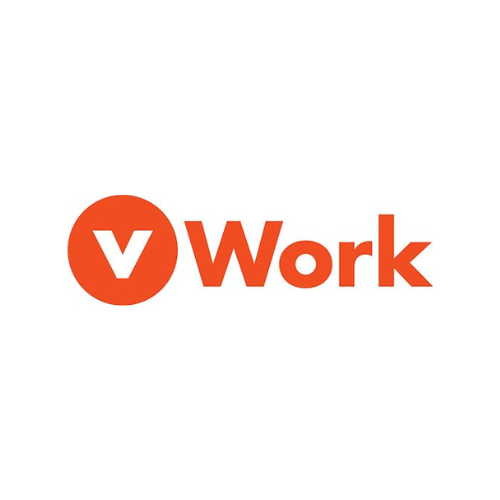It’s 2023 and the transportation industry is STILL facing numerous challenges - fleet management being no exception (sigh). Fleet managers are tasked with balancing numerous competing priorities from managing fuel costs and vehicle maintenance to ensuring compliance with regulations and promoting driver safety.
What Can Fleet Management Systems Do?
A question that we get asked often at Argus Tracking is ‘What can a GPS Tracking & Fleet Management System actually do?’. Our prospective clients understand that these products can be used to track and monitor assets, however, they are unaware of the other significant benefits and features GPS Tracking & Fleet Management Systems have to offer.
Are You Making the Most Out Of Your Argus Compliance System?
As part of your Argus Tracking system, you automatically have access to our comprehensive Vehicle Compliance System, which can help you keep track of vital vehicle compliance information such as WoF, Rego, and Road User Charge expiry values. This system also allows you to automate reminders to go to the right person for each vehicle before these aspects are due for renewal - handy right?
The great thing about our Vehicle Compliance system is that it goes hand-in-hand with our NZTA Sync System which allows many compliance aspects to be updated automatically (via a direct link with the NZTA database). Ultimately, this means you can view up-to-date compliance data without entering it manually, saving your business time and money.
The Fleet Managers Guide to Finding a Tailored Telematics Solution
It’s 2023 and you’re a fleet manager searching for a telematics company that will best suit your fleet - but where do you start? If you’ve googled GPS Tracking or Fleet Management, you’ll be aware that there are various companies in your area that offer a range of plans, thus making it difficult to find a solution that will align with your business and meet ALL your fleet’s needs.
That’s why we’ve put together this handy guide that fleet managers can use to simplify their search for a tailored telematics solution.
Firstly, before engaging with any telematics provider it is essential to identify the needs of your fleet. By asking yourself a few simple questions, you’ll have the knowledge needed to form the foundation of your search. You’ll also be able to clearly see which solutions are best suited to your fleet.
New Integration: Argus Tracking & vWork
Argus Tracking: Great For Your Fleet & The Environment
Here at Argus tracking, we recognise that we have a responsibility to both our clients and the environment. That is why we supply the very best Fleet Management and GPS Tracking Systems that provide fleet managers with the insight and knowledge needed to reduce their asset's impact on the environment. Our hardware is also sourced and disposed of in the most sustainable and efficient way possible.
Many NZ businesses strive to keep operational costs low - this is great for business, however, this practice often results in masses of ‘otherwise avoidable’ waste yearly.
“Aotearoa New Zealand generates more than 17 million tonnes of waste each year. We send almost 13 million tonnes of that to landfill. This means that almost 76% of the material we use is completely wasted.” - The NZ Government, read more here.
How GPS Can Determine If Your Fleet Is Right For Electric Vehicles (EVs)
Making the switch to Electric Vehicles (EVs) is not as simple as buying a different vehicle model. There is a range of factors to consider in ensuring the decision is right for your fleet. At Argus Tracking, we have many tools with countless benefits that will make the decision-making process easier for your business.
First things first, let’s explore what the benefits are of having EVs as your fleet vehicles and what are some things to consider before making the switch.
Benefits of Electric Vehicles:
They’re cheap to run. EVs are more cost-effective (fuel consumption-wise) and they’re cheaper to service in comparison to non-electric vehicles.
They’re environmentally friendly (if you purchase power from renewable energy sources and consider the CO2s generated to manufacture the car).
Argus Tracking Awarded for Fleet Safety
Argus Tracking doubles down at the 2019 Australasian Brake Fleet Safety Awards
New features for December
We've been super busy creating new features and enhancements to the Argus Hub, and we have a couple of cool new ones to show you that we think you'll love.
First up, is the introduction of a star ranking to your driver behaviour scorecard.
Next, if you want to make your Driver Behaviour data even more meaningful, we are excited to let you know that we have released our all NEW version of Driver ID using iButton technology to improve your user experience and reliability.
And last, (but certainly not least), we’ve introduced a new Dedicated Driver user profile.
Designed for drivers of dedicated vehicles (not vehicles that are pooled), this profile will give “Instant Driver feedback” via the app - for speeding, driver dynamics and other notifications to keep your team on the ball and engaged in driving.
What do record high fuel costs mean to your business?
Increased fuel costs coming – Reduce your fuel usage
The introduction of new 10 cents per litre Regional Fuel Tax (RFT) in the Auckland region from 1 July 2018, the soon to be implemented three government increases in petrol excise duty of 3.5cents a litre over the next 3 years (from 30 September 2018), equivalent increases in road user charges from 1 October 2018 as well as New Zealand’s declining US exchange rates, mean we will be paying more at the pump than we have ever seen before.
110km/h Roads & Argus Database Update
Get started with the Stop Report
With such a comprehensive suite of reports available in the Argus Tracking Hub, you may be wondering which Argus Tracking report you need to run! We recommend starting with our most commonly run report, the Stop Report.













